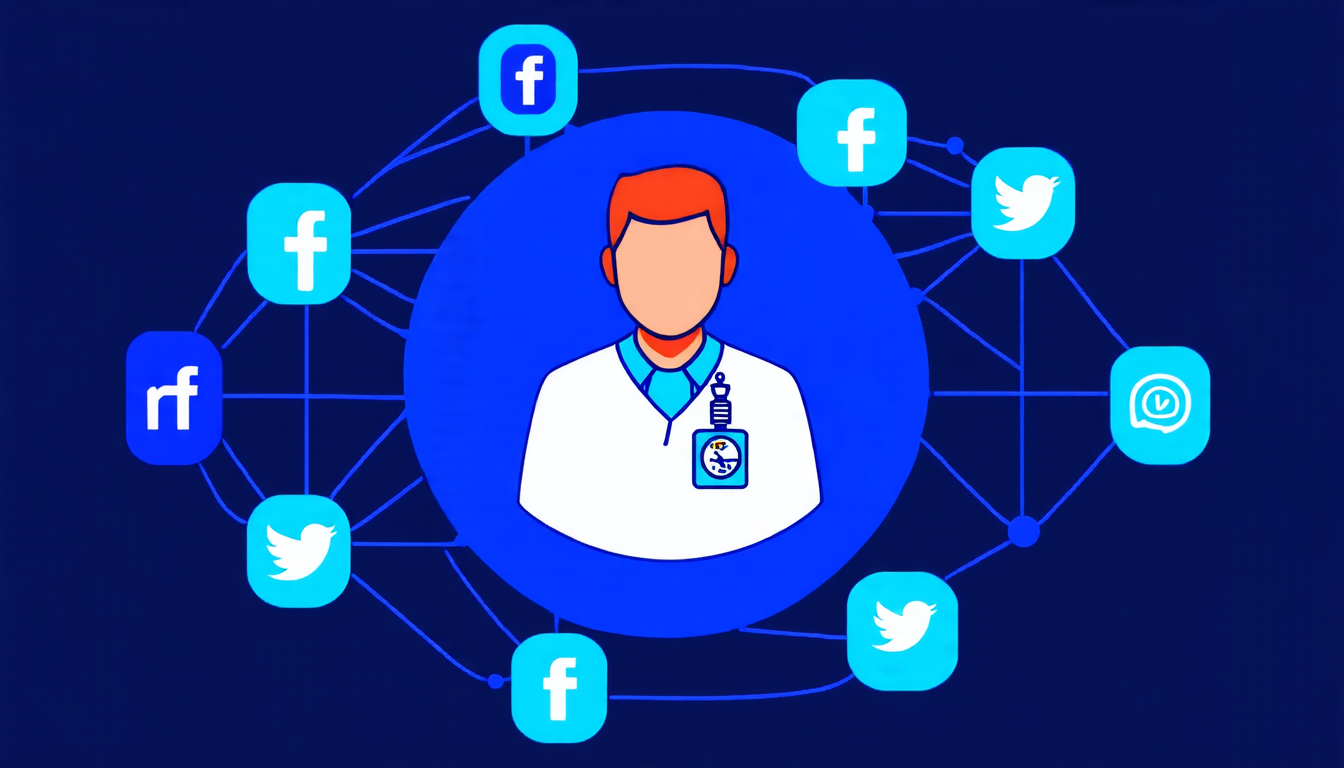Monday 07 April 2025
The intricate dance of vaccination and disease transmission has long been a subject of fascination for scientists. Researchers have spent years studying how individual decisions to get vaccinated or not can impact the spread of infectious diseases. Now, a new study sheds light on the complex interplay between social influence, vaccination rates, and disease outbreaks.
The researchers built a mathematical model that simulates the behavior of individuals in a population, taking into account their perceptions of vaccine effectiveness and risk of infection. They found that even small changes in these perceptions can have significant effects on vaccination rates and ultimately, disease transmission.
One of the key insights from the study is that social influence plays a crucial role in shaping individual decisions to get vaccinated or not. When individuals see others around them getting vaccinated, it increases their likelihood of doing so too. Conversely, when they see others avoiding vaccines, it can lead to a decrease in vaccination rates.
The researchers also found that the way information about vaccine effectiveness and risk is disseminated through social networks can have a significant impact on vaccination decisions. When accurate information is shared widely, it can increase vaccination rates, while misinformation or conflicting opinions can lead to decreased uptake.
Furthermore, the study highlights the importance of understanding how individual perceptions of vaccine effectiveness are formed. The researchers found that when individuals believe vaccines are ineffective or risky, they are less likely to get vaccinated, even if the evidence suggests otherwise. This highlights the need for effective communication strategies to address misconceptions and misinformation about vaccines.
The findings have significant implications for public health policy and disease control efforts. By understanding how social influence and information dissemination shape individual vaccination decisions, policymakers can develop targeted interventions to increase vaccination rates and reduce disease transmission.
For example, public health campaigns that emphasize the effectiveness of vaccines in preventing serious illnesses could be more effective than ones that focus solely on the risks of vaccine side effects. Additionally, online platforms and social media could be leveraged to share accurate information about vaccines and counter misinformation.
Ultimately, the study underscores the importance of considering the complex interplay between individual perceptions, social influence, and disease transmission in developing effective public health strategies. By taking a more nuanced approach that acknowledges the role of social dynamics in shaping vaccination decisions, we may be able to achieve better outcomes in the fight against infectious diseases.
Cite this article: “Vaccination Dynamics: How Social Imitation Shapes the Spread of Infectious Diseases”, The Science Archive, 2025.
Vaccination, Disease Transmission, Social Influence, Vaccination Rates, Mathematical Model, Individual Decisions, Vaccine Effectiveness, Risk Perception, Public Health Policy, Disease Control Efforts







